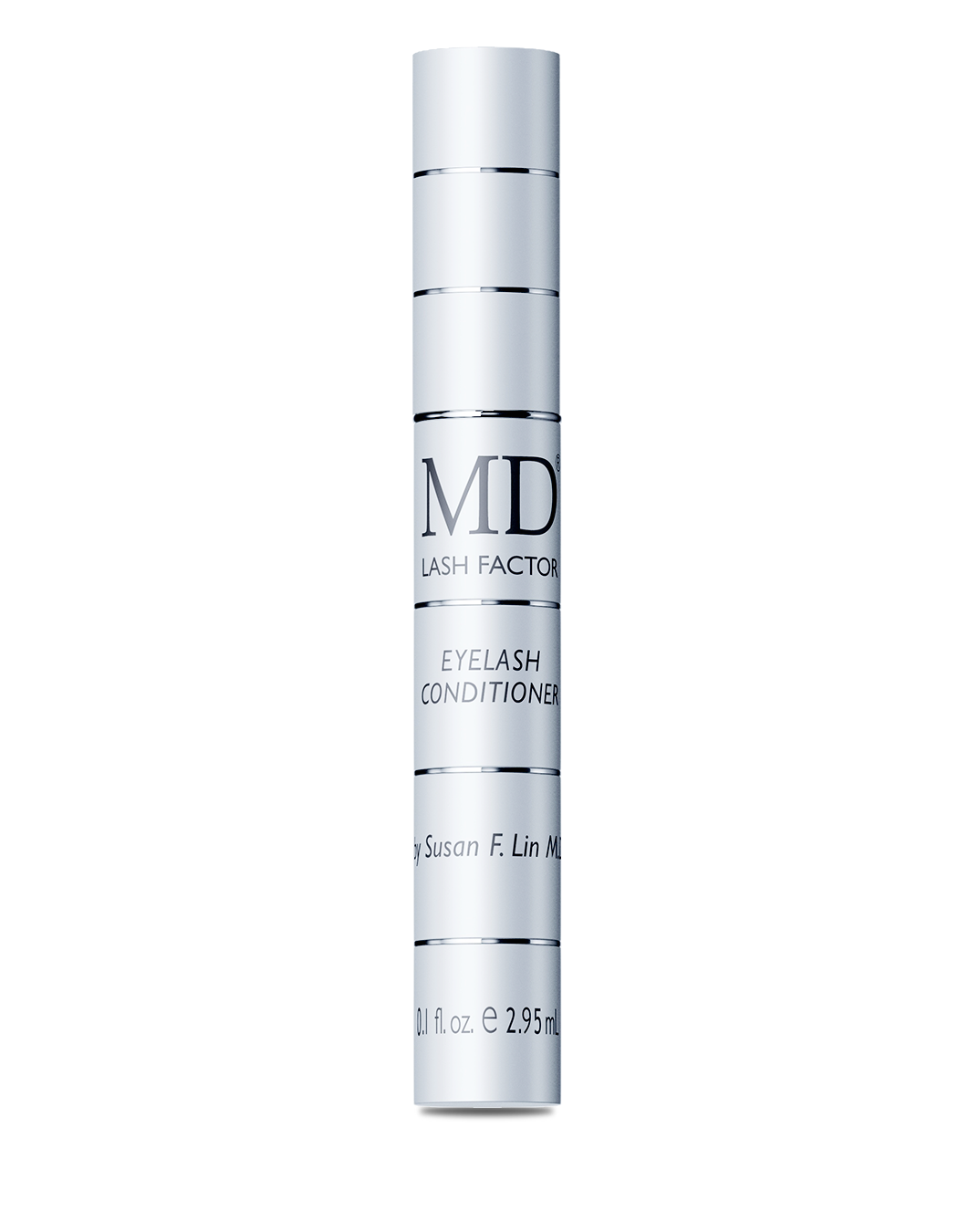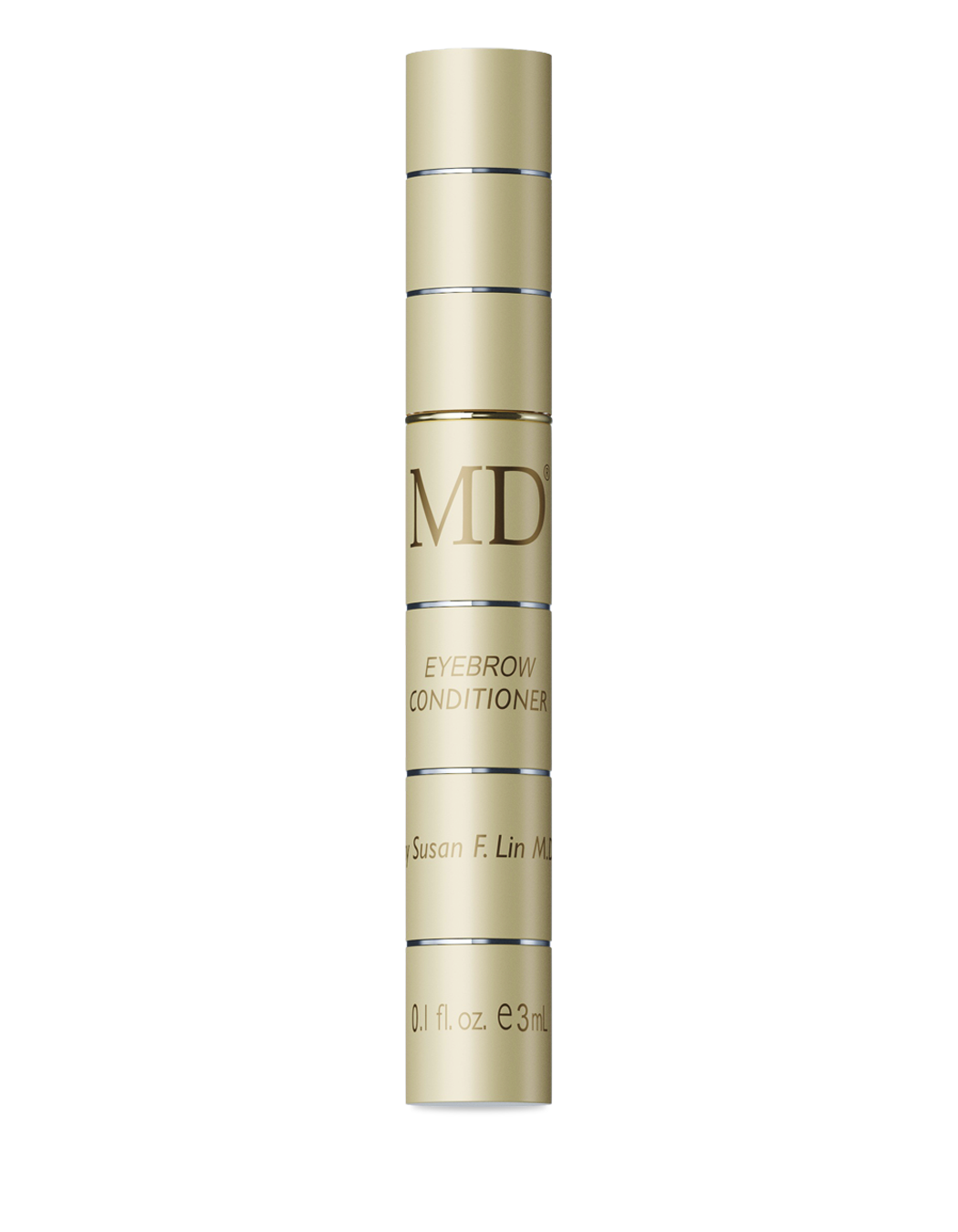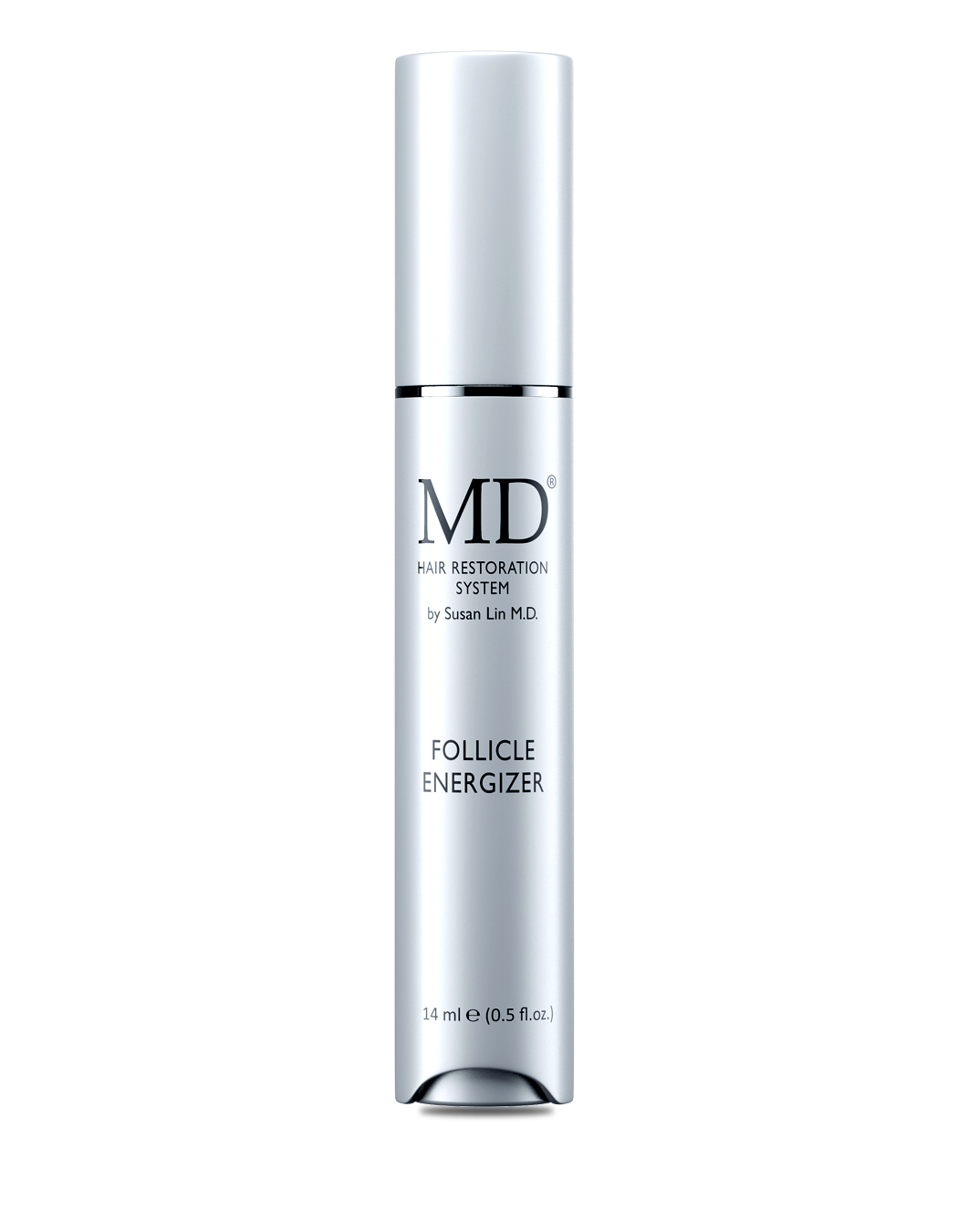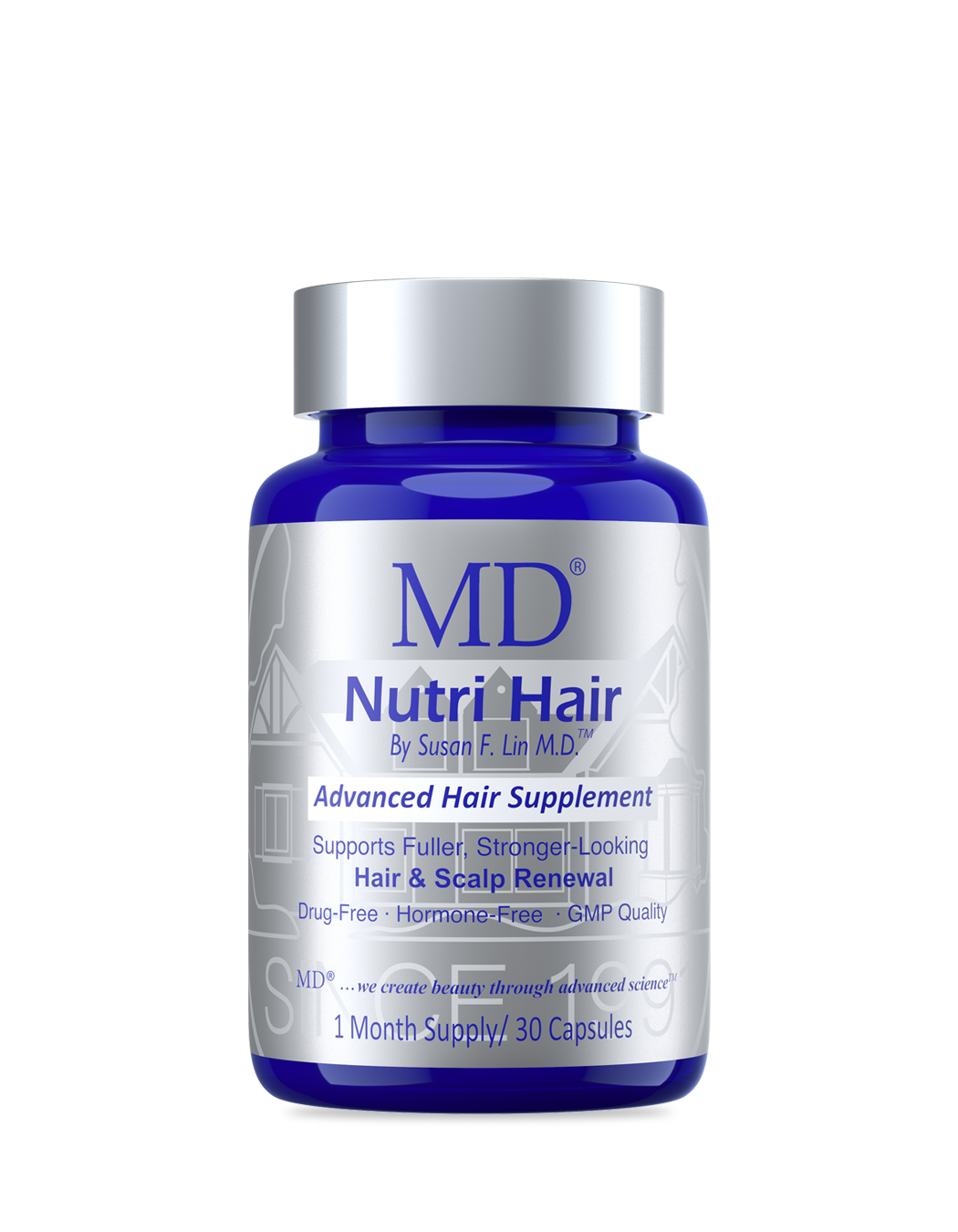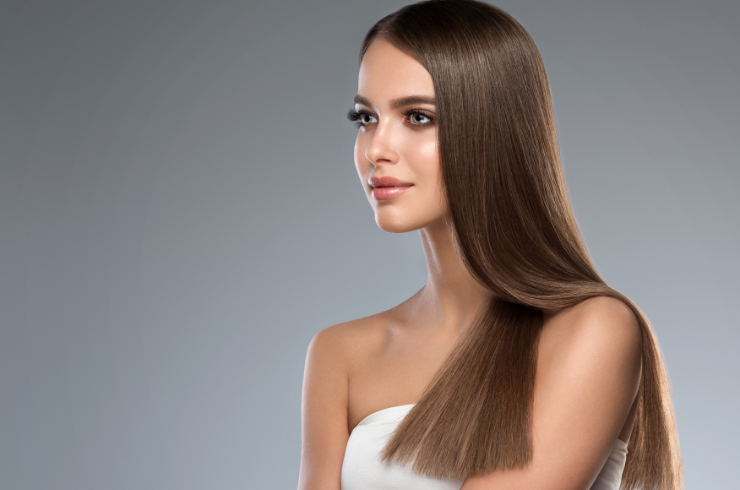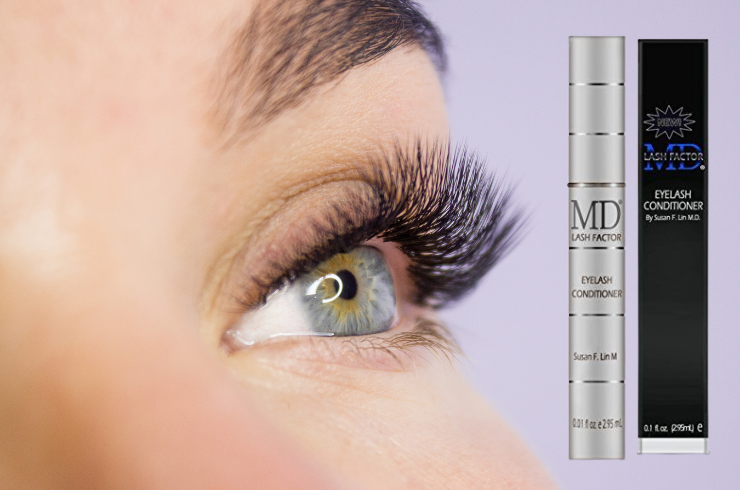Tips to Healthy Scalp! Let's learn what Dermatologists and hair Care Experts Suggest!

When it comes to hair care routine and style, people love to use hair care products such as shampoo, hair conditioner, hair masks, essential oil, and other hair-nourishing products.
But they miss the scalp care.
Your hair is an extension of the scalp, and when you take the scalp's health for granted, you unknowingly invite hair problems. Therefore, you should likewise consider scalp care to improve your hair's health and appearance.
Before we proceed to the topic, let's talk about what an unhealthy scalp looks like.
There are certain signs of an unhealthy scalp. Knowing them lets you better identify whether your scalp needs care.
For example, excessive hair loss, change in hair texture with a flaky scalp, itchy and dry scalp, and greasy hair are strong indications of an unhealthy scalp.
Since the scalp has some natural oil and moisture, it has its microbiome. This microbiome may consist of fungus, bacteria, and other microflora. These tiny microscopic elements can cause several scalp complications, such as eczema, dandruff, and seborrheic dermatitis. Due to the same reasons, scalp care is critical.
But What Causes an Unhealthy Scalp?
As said, these micro-organisms may cause scalp problems. But that is not only the reason.
Other factors such as poor nutrition or undernourished scalp, pollution and exposure to excess heat and sun, overactive oil glands, stress and improper sleep, chemical-based hair care products & their buildup, and even inappropriate size of caps and hats can disturb your scalp health.
Sometimes, changing up your everyday hair care & maintenance activities can improve your scalp health significantly. However, it can only happen when you (start to) notice the above signs of an unhealthy scalp.
People sometimes miss noticing these signs of unhealthy scalp, which later become hair-related problems.
So, How Can I Improve my Scalp Health?
Caring for and following the correct practices is the best way to improve scalp health.
A handful of things, such as cleanliness, moisture, PH balance, blood circulation, and hygiene, can define your scalp health.
So, let's talk about some of the best practices to help you keep your scalp healthy.
Tip #1- Always Use Gentle Hair Care Products
Some hair care products containing alcohol, sulfates, and artificial fragrances may cause scalp problems.
When these ingredients contact the scalp, they may strip away natural oil, moisture, and dead skin- resulting in a dry and prone-to-itchy scalp.
When your scalp remains dry for a long due to the continuous use of such chemicals, your hair feels frizzy, damaged, and dull. Therefore, avoid harsh chemical-based hair care products and treatments such as bleach and dye.
Extended use of such chemicals may also cause permanent damage to the hair shaft and scalp skin.
Here are some of the ingredients you should look for in your hair care product to balance & treat scalp health, such as shampoo or conditioner-
- a) Aloe vera leaf extracts help in scalp hydration and work as an anti-inflammatory and natural shining agent. Aloe vera extract, Green tea leaf extract or green tea oil, and vitamin E as an antioxidant components
- b) Salicylic acid helps in skin exfoliation (dead skin)
- c) Lactobacillus Ferment (Probiotics) to help balance scalp microflora
- d) To keep scalp fungus or fungal infection-free, you can also try tea tree oil along with aloe vera extract
- e) Also look for organic flower extract such as rose water for natural fragrance instead of chemical-based components
Tip #2- Wash Your Hair Only When Needed and Gently!
To avoid oily hair, people wash their hair frequently. However, it may backfire on your scalp health.
Shampooing or washing your hair too frequently may strip away the required natural oil from your scalp skin. In turn, your scalp may generate more oil to keep it hydrated. Thus, more oily and greasy-looking hair.
Experts suggest that, for an oily scalp, you can wash your hair two to four times a week. However, you can increase the time between washes if you struggle with an itchy or dry scalp. It will help you balance the oil production at the scalp.
Lastly, scrubbing your scalp while shampooing is a better practice. It acts like a massage that helps increase blood circulation in the scalp's skin.

Tip#3- Your Gut Health Can Affect Your Scalp Heath.
A healthy gut helps improve the body and its overall functioning.
You can take probiotics to do so. It improves gut health by balancing out the gut microbiome; thus, you have a better functioning body and parts. For example, a healthy gut is linked with healthy skin, and the scalp is skin. Therefore, taking probiotics may help improve scalp health.
As said, probiotics containing Lactobacillus are good for gut health.
However, before you finalize any probiotic, ensure you have consulted with a doctor or experts in the same domain. Otherwise, consuming the wrong or inappropriate probiotic may disturb your health.
Therefore, expert suggestion is highly required for such decisions.
Tip #4- Exfoliate Helps Improve Scalp Health.
Exfoliating your scalp may help improve scalp health. It boosts skin turnover and, thus, helps improve skin health. Physical exfoliating helps to remove dead skin (cells), oil, dust, and buildup from the scalp.
However, if you notice excessive buildup, try a shampoo containing salicylic acid and use it once or twice weekly.
In addition to this practice to exfoliate your scalp, ensure that you brush your hair daily. Your brush should have a soft bristle to help you redistribute scalp oil, improve blood circulation, and remove dead skin cells, dust & debris.
Exfoliating is one of the best scalp-caring practices that can help you with dandruff flaking off your scalp throughout your day.
Tip #5- Limit Your Sun Exposure.
Limiting your sun exposure may help protect your scalp from damage. Sun rays have harmful UV radiations, and exposure to them for long may cause sunburn, dark patches, and several skin problems. Exposing yourself for a long time to the sun directly affects your skin, including your scalp. Gradually, your hair starts to damage.
Experts suggest wearing a hat, scarf, or cap to protect your head in the sun. It also helps limit the unnecessary exposure to heat.
If you do not know, UV rays may further worsen hair problems such as hair thinning and dry locks, transforming healthy hair into damaged and dull.
To help you with this, experts suggest using hair care products that contain UV-fighting ingredients or lightweight sunscreen that you can spray onto your scalp before you go out in the sun.
In addition to all of these practices and tips, you can also try the following;
1) Use a gentle scalp scrub (like you would use for your face) because it helps promote new skin growth by removing the dead cells from the upper surface of the scalp.
2) You can also try Omega-3 Supplements. But this must be done only after consultation with your doctor or physician. Many believe that Omega-3 Supplements (fish oil) can help promote hair growth, prevent hair problems, and add health to hair. However, more scientific studies and evidence are required to claim this statement.
3) In addition to probiotics, you can also look for antioxidants, which you can get from fruits and vegetables. Always aim to eat a variety of natural products to get a wide range of antioxidants because they help fight Oxidative Stress.
(Oxidative Stress happens when damage-causing free radicals overwhelm antioxidants in our body. It causes several internal and external health problems, including hair and scalp problems).
Take Away
We saw that a healthier scalp leads to healthier hair. We also learned how we could keep it healthy. Taking preventive measures to maintain a healthy scalp is the first step to avoiding hair-related problems such as hair loss, excessive oil buildup, dandruff, acne, and psoriasis.
That's why hair care experts suggest paying attention to your scalp. Suppose you notice redness, itching, flakiness, pain, irritation, or excessive hair loss- in that case, you should immediately see a doctor or dermatologist. Their expertise in this domain can help you determine if there is any scalp-related underlying health condition or if you should alter your hair care routine and products.
In addition to these suggestions, support a healthy scalp through everyday sincere habits such as using gentle and chemical-free hair products. Wash your hair when required. Gently massage your scalp regularly and while washing. It improves the blood circulation in scalp-skin cells and thus enriches their lives. Lastly, a fruit and vegetable diet also supports a healthy scalp.
However, before taking any health, hair, or scalp care supplements, see your doctor or a dermatologist to ensure you need them. Otherwise, do not consume any additional health supplements. It can worsen the situation.
So, these are some of the best tips for a healthy scalp. To learn more, consult our experts or visit our website.

